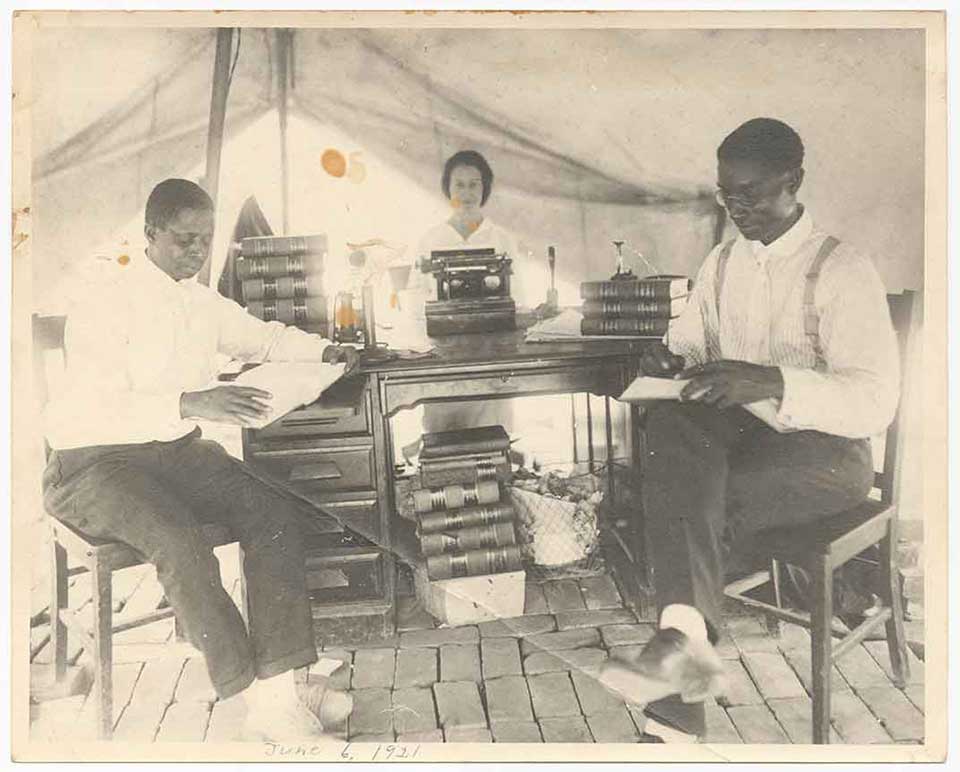Toward “One Tulsa” (an excerpt)

A few short years ago, the touchstone phrases of what is widely considered to be the modern civil rights crusade—“Black lives matter.” “I can’t breathe.” “Say my name.”—did not resonate. In 2021 America, these phrases define the mission of advocates, activists, and allies aiming to expand social justice, transform law enforcement, and eradicate structural systemic racism.
Tulsa’s historical racial trauma stands not in isolation, but as part of a long arc of oppression that has bedeviled Black Americans since our enslaved African ancestors arrived in the English colonies at Point Comfort, Virginia, in 1619. We can imagine those individuals—precious cargo on cramped slave ships—crying out in vain: “Black lives matter.” “I can’t breathe.” “Say my name.” Tulsa, 1921, is an arbitrary midpoint on the arc of oppression, somewhere between slavery and Freedom Summer. That long-ago fiery demise of Tulsa’s Black community revealed much about the trajectory of race relations in America. Connect the dots. The volatile ingredients that set Tulsa alight—white supremacy, ignorance, and fear—endure and threaten to ignite a national conflagration.
Our cultural competence, individually and collectively, and our capacity to diffuse the landmines that mark our history around race will be our most reliable firewall. Diversity and the related concepts of equity and inclusion rest on the fundamental proposition that our shared humanity matters more than that which might otherwise separate and divide us.
Editorial note: The full text of Johnson’s essay appears in the Spring/Summer 2021 issue of Oklahoma Humanities. Visit www.okhumanities.org to read it.









